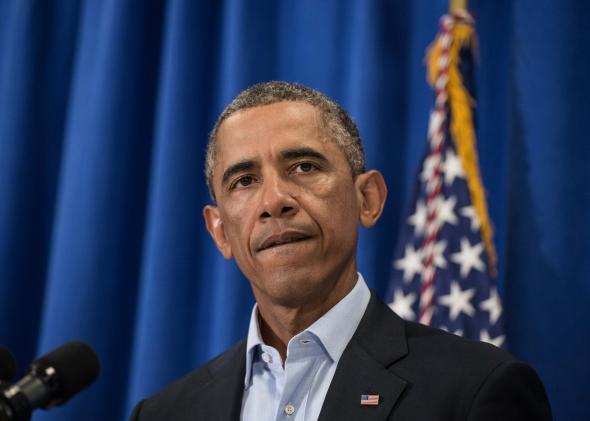This question originally appeared on Quora.
Answer by Mark Binfield, bureaucratic minion:
Focus on policy, not personality. A lot of politics is a soap opera: who’s popular, who’s not, who’s misbehaving, who’s rising, who’s falling. All of that drama matters, but only because of its eventual effects on what actions the government takes and what policies it enacts. For now, the soap opera is noise to you. (And a lot of it is noise, period.) Resist the urge to watch it, and don’t let anyone convince you that you’re uninformed when you don’t. It doesn’t matter who the players are until you understand the game.
Start by picking a few topics that you care about or find interesting. These don’t need to be the hot issues of the day. They can be broad topics like foreign policy or immigration or narrower topics like music education in public schools. One nice thing about democracy is that you choose what’s important to you. There are too many issues for everyone to become experts on all of them, so don’t feel bad about what you skip. There are other citizens to pay attention to those topics.
Learn as much as you can about the topics you chose. My recommendations are to stick with nonpartisan sources when possible and to learn as much as you can about a problem before looking at anyone’s proposed solutions.
After enough research on your chosen subjects, you will probably develop opinions on what the government ought to be doing about them. The next step is to learn about the structure of government. Which parts of the government are responsible for making and executing the decisions you care about? Are they the responsibility of your local government, your state government, the federal government, or some combination of those? Is this an issue where the important decisions are made in law or one where an administrative body is the primary player? This part of political literacy isn’t exciting to most people, but if you don’t understand how the government functions, you end up looking to the wrong people for solutions and blaming the wrong people for failures. The example I always give: Presidential elections are decided mostly based on domestic issues, yet presidential power is mainly in foreign policy. Congress has most of the power in domestic policy, but blame and credit for the laws Congress passes usually goes to presidents (Obamacare, the Bush tax cuts).
Once you’ve established your views on policy and know who is responsible for them, it’s finally time to go back to the soap opera. Now you’re equipped to see politics as something more than a popularity contest. You can ask the right questions, look at candidates’ platforms, and figure out what it will mean for your chosen issues if a particular candidate wins. You’ll notice that some politicians don’t know what they’re talking about, some are saying whatever they think voters want to hear instead of telling hard truths, and some are well-informed and competent but have values different from yours. Look at the politicians you have to choose from and find the ones who care about the issues you think are important, who have the education or experience to understand those issues, and whose ideas and views on the issues are close to yours. Vote for them.
Go through those steps, and you’ll be a more educated voter than most.
More questions on Quora:
